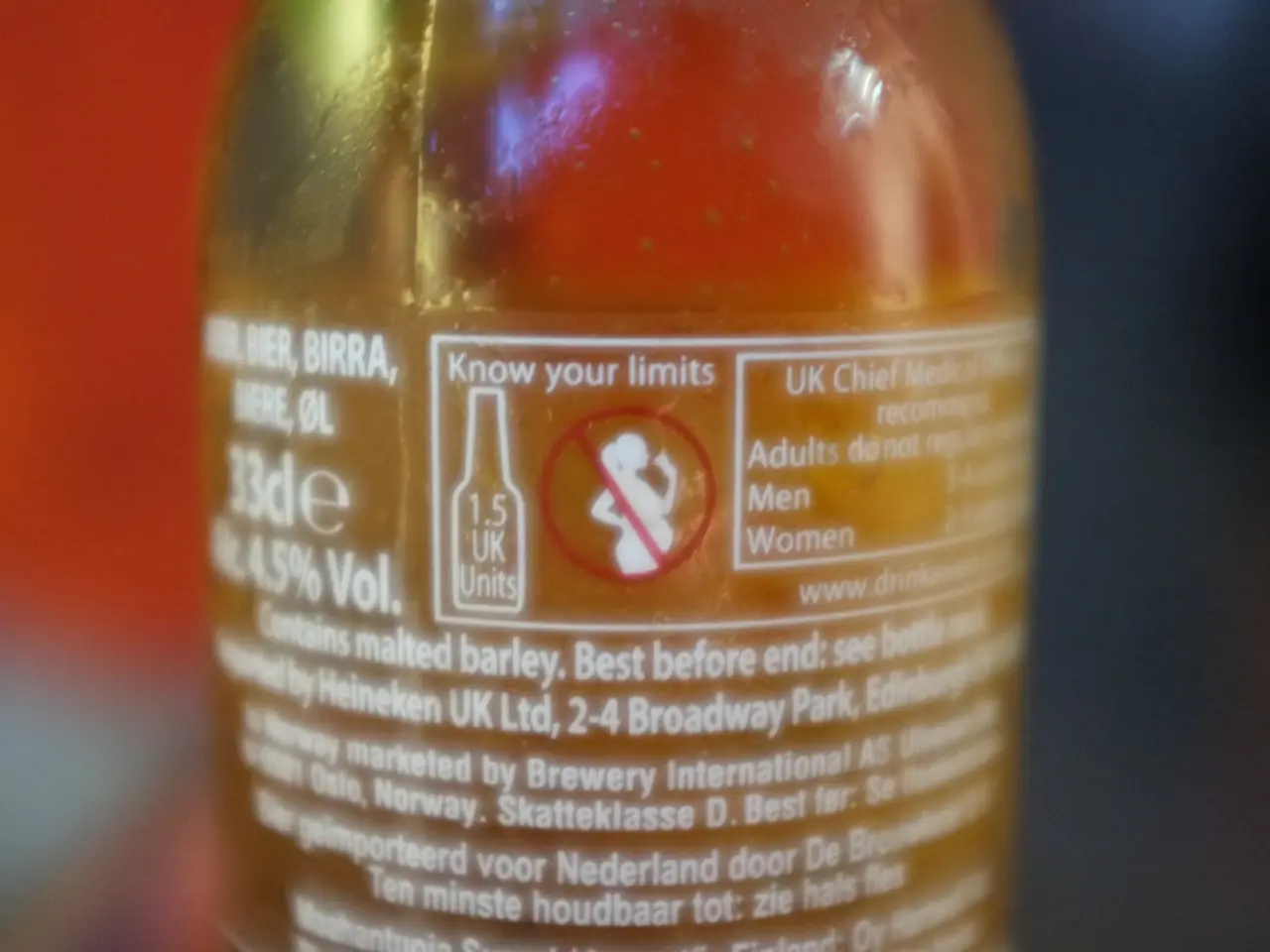International Health Organization Recognizes GLP-1 Drugs as Critical Medical Supplies
The World Health Organization (WHO) has made a significant move towards improving access to vital treatments for diabetes and obesity by adding GLP-1 therapies to its Model Lists of Essential Medicines and Essential Medicines for Children.
Discussions about the inclusion of these drugs began as early as May 2023, recognising their potential impact on managing these urgent public health issues.
Diabetes and obesity are linked to other health problems such as cardiovascular and kidney diseases, and they pose a significant global challenge. Over 1 billion people worldwide are affected by obesity, making it one of the most pressing public health problems today. Meanwhile, cancer claims 10 million lives annually, according to the WHO.
The WHO's Model Lists aim to promote better access to medicines in developing countries, particularly those with high diabetes prevalence. These include industrialized countries and low- and middle-income countries, as over three-quarters of adults with diabetes live in such nations globally.
The updated list includes several GLP-1 therapies, such as Novo Nordisk's semaglutide, dulaglutide, and liraglutide, as well as Eli Lilly's tirzepatide. The FDA has approved Teva Pharmaceuticals' GLP-1 generic for obesity, which is a copycat version of Novo's liraglutide. Teva's GLP-1 generic for obesity treatment has already been launched in the U.S. and is indicated for patients 12 years and up.
However, a key concern raised by the WHO is the high pricing of branded versions of semaglutide and tirzepatide, which can cost upwards of $1,000 per month. This high cost makes these treatments out of reach for many patients in poorer countries.
In response to this, the WHO acknowledged in December 2024 that GLP-1 therapies for obesity care could have potentially "transformative" impacts, but warned of the risk of distorted care due to their rapidly rising use.
The updated list also includes cancer therapies, with Merck's Keytruda, Roche's Tecentriq, and Regeneron's Libtayo added to the model list. More than 150 countries use these lists to guide procurement, insurance coverage, and other policies.
This move by the WHO is a significant step towards ensuring equitable access to life-saving treatments for diabetes, obesity, and cancer, particularly in developing countries where these conditions are most prevalent.
Read also:
- Understanding Hemorrhagic Gastroenteritis: Key Facts
- Stopping Osteoporosis Treatment: Timeline Considerations
- Tobacco industry's suggested changes on a legislative modification are disregarded by health journalists
- Expanded Community Health Involvement by CK Birla Hospitals, Jaipur, Maintained Through Consistent Outreach Programs Across Rajasthan








